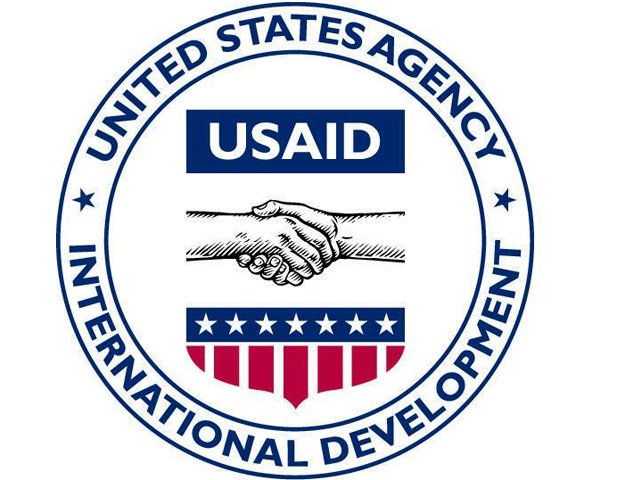
LAHORE:
Working women face similar challenges and pressures regardless of whether they work in the formal or the informal sectors, HomeNet director Ume Laila Azhar said at the launch of the Working Women’s Forum on Monday.
The forum aims to bring together women working in brick kilns and factories; lady health workers; and domestic help and home-based workers. After much deliberation among heads of several unions and NGOs, women working in the agriculture sector were also included in forum.
The initiative was taken by HomeNet Pakistan in collaboration with the USAID under its Gender Equity Programme.
HomeNet senior programme officer Javed Pasha said the forum aimed to bring together women working in various sectors and provide them a platform to voice their problems and concerns.
He said HomeNet had worked to establish similar forums and forge networks between various organisations committed to the uplift of women workers. He said he hoped that the forum would work as a pressure group, to not only push policy reform, but also organise protests and make their demands heard.
Ume Laila Azhar said most working women were not aware of their rights. “Most of them don’t even identify themselves as workers.” She said that was especially true for domestic workers who had no formal structure or employment contract.

Jalwat Ali, head of the Progressive Home Based Workers’ Union, said training workshops and awareness campaigns by the Labour Education Foundation had made her aware of her rights as a worker. She said the government has been promising home-based workers policy cover for several years. “The policy has still not made its way to the provincial assembly.” She stressed the need for strenuous efforts to expedite policy formation in this regard. “If promises made to us are not fulfilled, we should not hesitate to protest,” she said.
A charter of demands was presented at the event. It included a quota for home-based workers in the government’s health insurance scheme; reformation of labour laws to include home-based workers and domestic workers; and ratification of ILO Conventions pertaining to the informal sector. The charter also asks for October 20 to be observed as the National Day of Home-Based Workers.
Women Workers’ Union general secretary Shaheena Kausar said that the Labour Department had shown support for the informal sector by registering domestic workers’ unions, despite their being no formal laws governing their work. She said women workers did not have collective bargaining power. “I hope this forum will meet that need.”
All Pakistan Trade Union general secretary Aima Mahmood stressed the need to bring agricultural workers on board. She said even in the formal sector women were often not recognised as labourers and were hired on sub-contracts. She said the only way trade unions could become more inclusive towards working women was by having democratic structures.
Bonded Labour Liberation Front general secretary Syeda Ghulam Fatima said it was not only women workers who were unaware of their rights. “Almost 70 per cent of male workers are ignorant of their rights.” She said the conditions for domestic workers were no better than bonded labour. “They face the same problems of trafficking, debt and sexual exploitation.”
Published in The Express Tribune, January 27th, 2015.

































































COMMENTS
Comments are moderated and generally will be posted if they are on-topic and not abusive.
For more information, please see our Comments FAQ